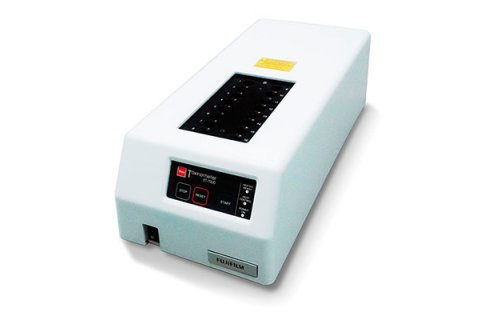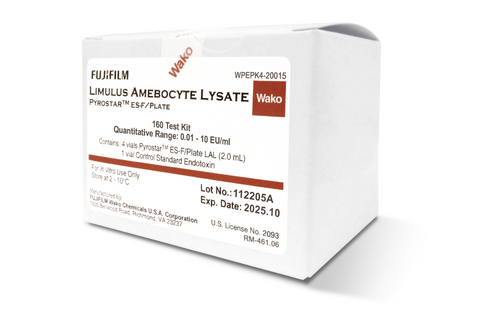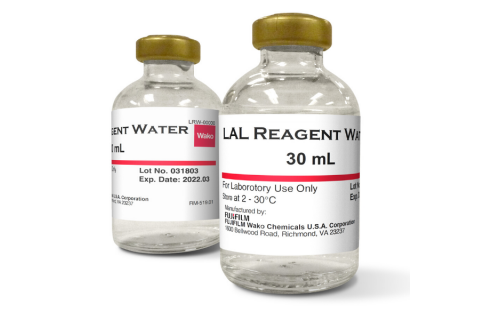The Link Between LPS and Cancer
Lipopolysaccharide (LPS) is a component of the outer cell wall of Gram-negative bacteria. The human immune system uses LPS to recognize the presence of a pathogen and mount an immune response. However, this immune response can sometimes go too far, resulting in sepsis and potentially death from septic shock.
Since it is a common cause of death in bacterial infections, the mechanism through which LPS activates the immune system has been extensively studied. The lipid A domain, consisting of the hydrophobic component of LPS, can bind to toll-like receptor 4 (TLR4) on innate immune cells.
Upon activation, the immune cells release pro-inflammatory cytokines. These cytokines in turn trigger a variety of immune responses, including the recruitment of white blood cells to the site of the infection. The cytokines also activate the complement system, a class of proteins that bind pathogens and promote clearance by the immune system.
In addition to the risk of sepsis, recent research has revealed that immune activation by LPS can also be detrimental in cancer. This is because the TLR4 receptor plays a key role in enabling cancer cells to grow and metastasize.
In breast cancer patients, TLR4 expression correlates with a decreased survival rate, and loss-of-function mutations in TLR4 can reduce the efficacy of chemotherapy. TLR4 has also been shown to promote metastasis in lung cancer, liver cancer, oral cancer, breast cancer, and colon cancer.
TLR4 activation appears to be important for the epithelial-mesenchymal transition, a process by which cancerous epithelial cells lose their cell-cell adhesion and gain migratory properties. In addition, the pro-inflammatory cytokines released by TLR4 signaling can activate matrix metalloproteinases, which further degrade cell-cell adhesion molecules. TLR4 is also expressed in cancer stem cells, where it may play a role in cancer recurrence and metastasis.
A 2017 study found that activation of TLR4 by LPS can lead to harmful phenotypes in breast cancer cells. Exposing the cells to LPS triggered the Wnt/b-catenin signaling pathway, which is constitutively activated in several forms of cancer.
b-catenin is a transcription factor that activates many genes involved in cancer metastasis. Normally it is tightly regulated by a destruction complex, which degrades b-catenin before it can translocate to the nucleus. However, in the presence of Wnt signaling, the destruction complex is inactivated, allowing b-catenin to activate metastasis-related genes.
LPS-TLR4 signaling has also been linked to gastric cancer. A 2018 study found that LPS caused increased expression of programmed death ligand 1 (PDL-1) in gastric cancer cells. PDL-1 can inactivate T cells that would normally attack a cancer cell, and its expression is correlated with poorer prognosis in gastric cancer. This may explain why gastric infections such as H. pylori, the bacterium responsible for stomach ulcers, are associated with increased risk of gastric cancer.
The connection between LPS exposure and the development of cancer remains a hot area of research. It seems likely that as we learn more about TLR4 signaling, Gram-negative bacterial infections will be given increased attention within the context of cancer growth and metastasis.






